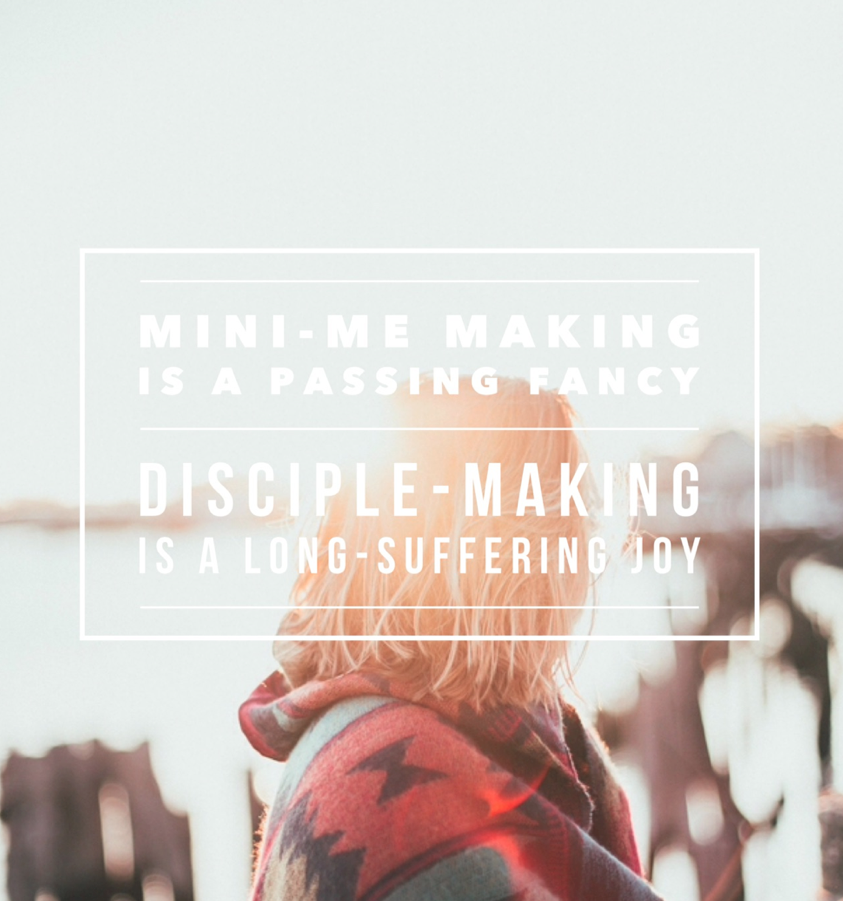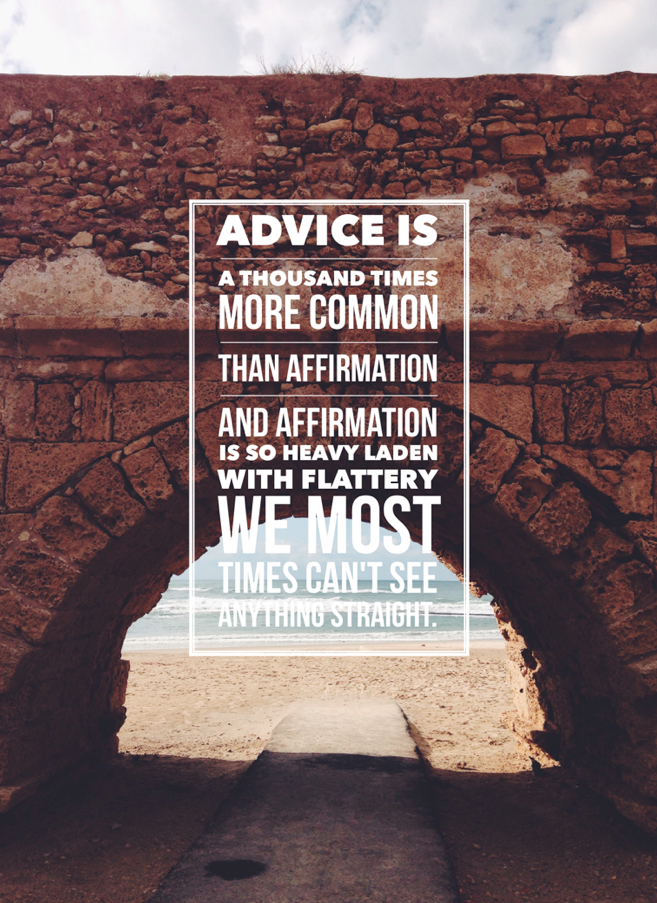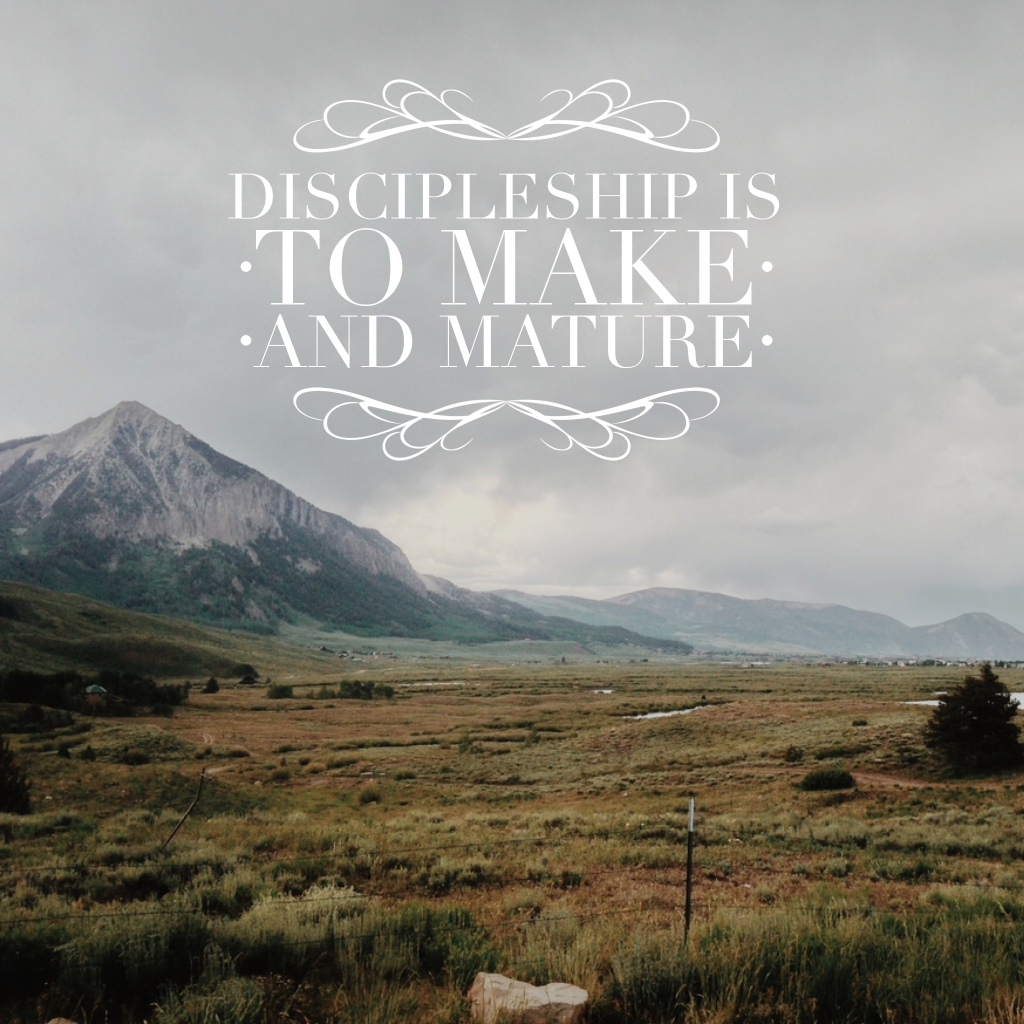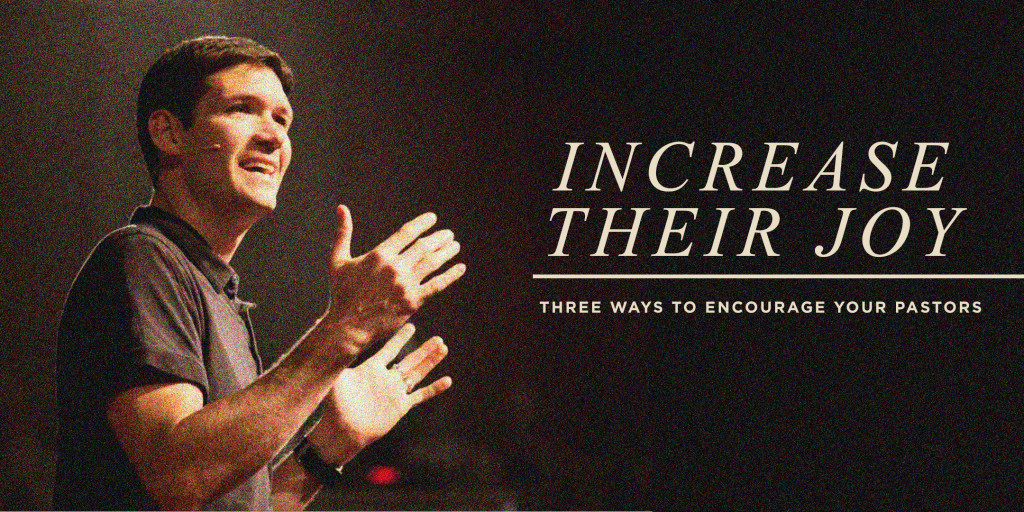The Loveliest Church in All the Land
Every time I proclaim how much I love my church, I feel somewhat suspect. I sit under teaching weekly most people only experience at conferences and special events. I sit at the feet of some of the best thinkers and teachers, men and women, in the Church today. Not for one second do I forget it. I remember it today after getting off the phone with a woman who has loved me, counseled me, and taught me for five years—who I know most women would love an opportunity to learn from. I remember it every time I interact with one of my church elders—men who I trust with my life and heart in every way. I remember it when I leave the office of any one of the pastors at my church who take my words and womanhood seriously—a trait I know many women weep for. I remember it when I travel all over the country and people speak well of my pastors and my people—it is not pride that puffs me up, but a deep gratefulness that the Lord saw fit to plant me here for a season.
But I still feel suspect that I do love her this much. As though it must be always easy to love her because of her better qualities, as though in her beauty she does not have blemishes, or as though I couldn't possibly understand what it is like to be covenanted at a church of a simpler nature or full of more sinners. I do not imagine the accusation—it comes to me often, usually in the form of veiled compliments, "You're so lucky you go to that church, with that pastor, and those people."
. . .
I sometimes feel frustrated with men who are married to above average beautiful women telling single men around them to settle down and marry a perfectly average looking girl (because who's kidding, there are plenty of us around). It's hard to take advice like that from a man whose wife of his youth is still smokin' hot.
This is how I feel sometimes when I talk about my church, like the person with the smokin' hot spouse telling others to just grow up and settle down and be happy in their local churches.
The longer I am single though, the more I feel the lack of a tender hand of a godly husband in my life. I know there is no guarantee if the Lord brings me into a marriage, that he or I will do one another good all the days of our lives, but there is the hope for it. But when I think of the most beautiful women I know, the more certain I am they are beautiful because they have been tended to by the gardening hands of their husbands for years. He has watered her, loved her, cared for her, and she has flourished beneath his husbandry. She is lovely because he loved her.*
This is what makes the bride of Christ lovely. The Church, when she is presented to her bridegroom will carry none of the stains of this world or blemishes she tries to hide these days. She will be presented pure, spotless, without blame or blemish. She will be lovely because he loves her.
This is what makes our local churches lovely too. Not just my local church, but yours. Loving your local church makes her lovely to you and to others. Her loveliness becomes contagious to everyone—but mostly to you. The more you love her, the more you love her. The more she is loved and cherished, the more she will love and cherish.
. . .
It is a gift to be planted at my church, I know this, but trust me, we have an underbelly and plenty of blemishes. We have faults and failures and holes and lacks. We spend much time pressing back darkness and engaging in discipline. We move too quickly into some things and too slowly into other things. But we deeply love the word of God and we deeply love one another and we deeply love our church because we deeply love The Church.
It's okay if you love my local church, if you learn from her, glean from her, watch how she functions, but love your local church into what you yearn for her to be. Make her lovely because she is loved.
*That's a line from Jesus Storybook Bible, not me.














